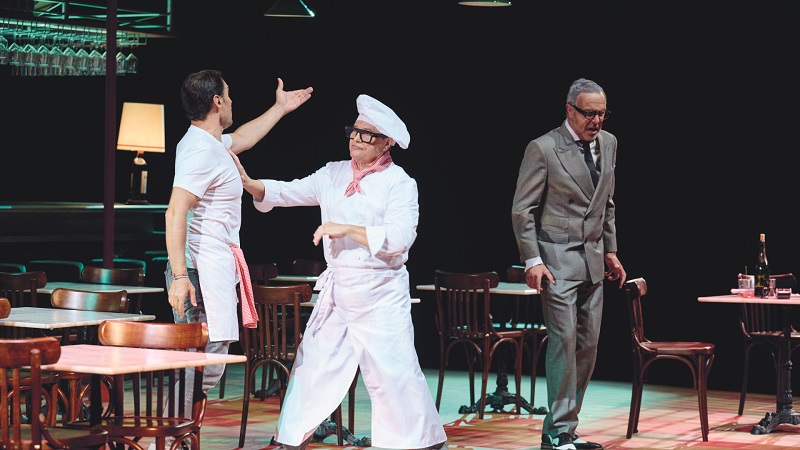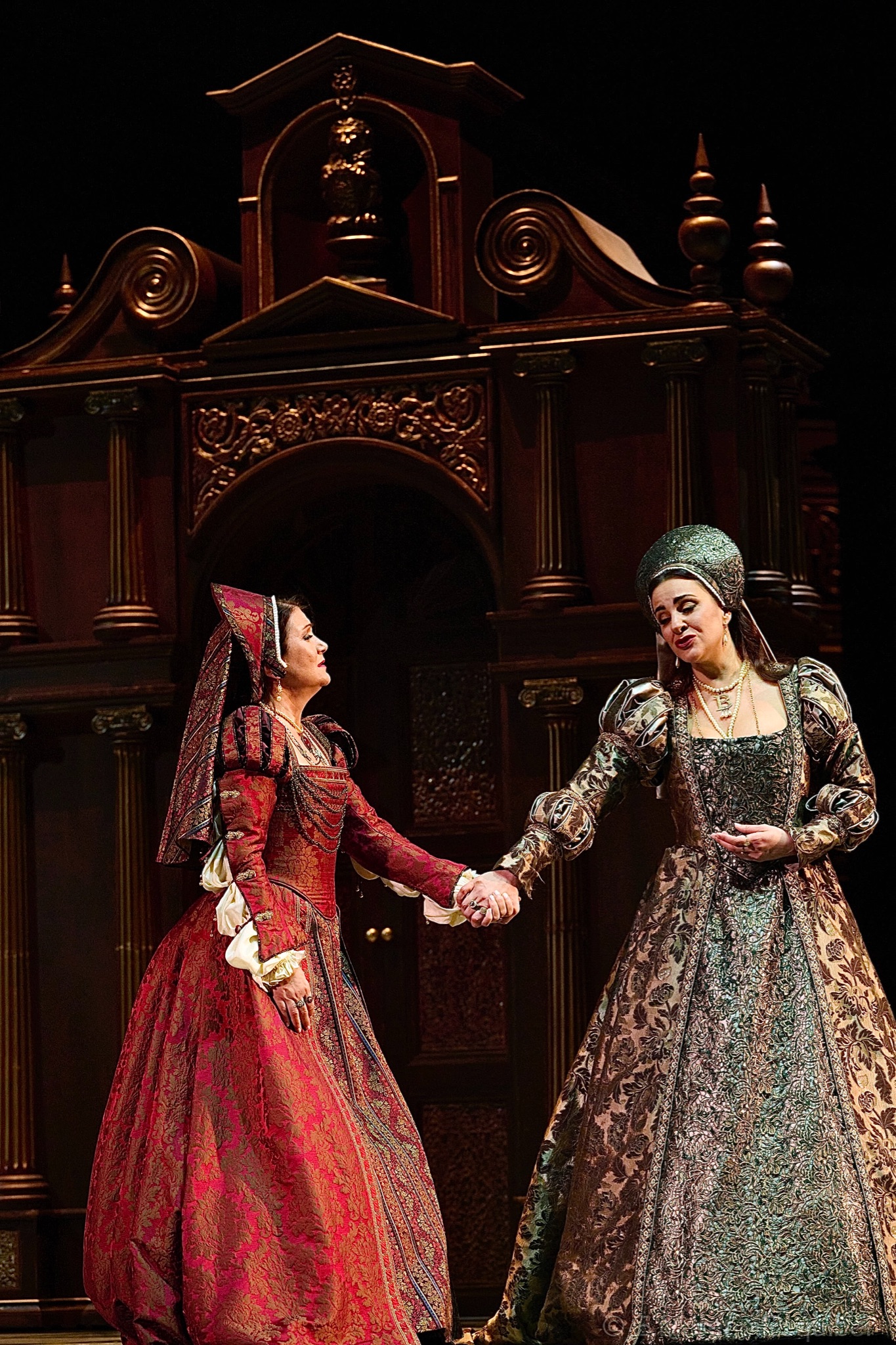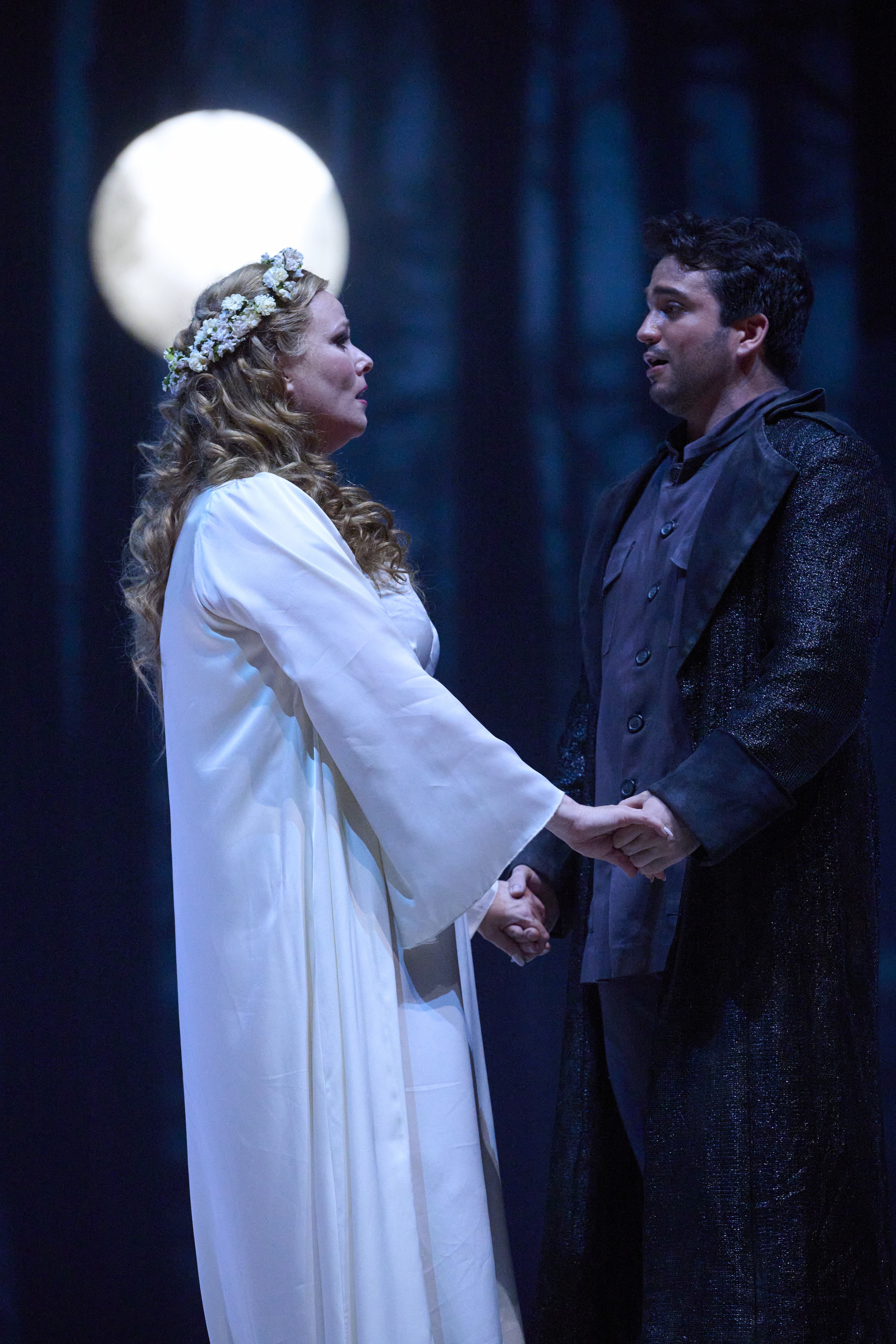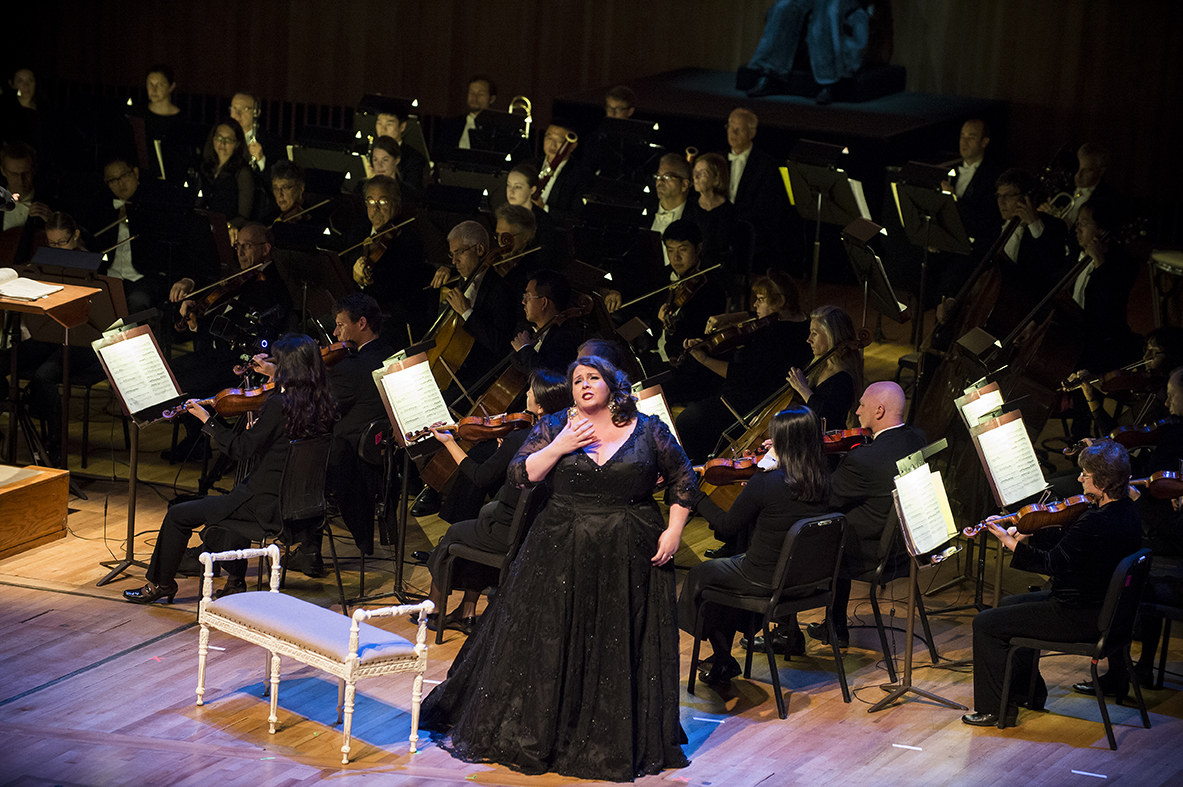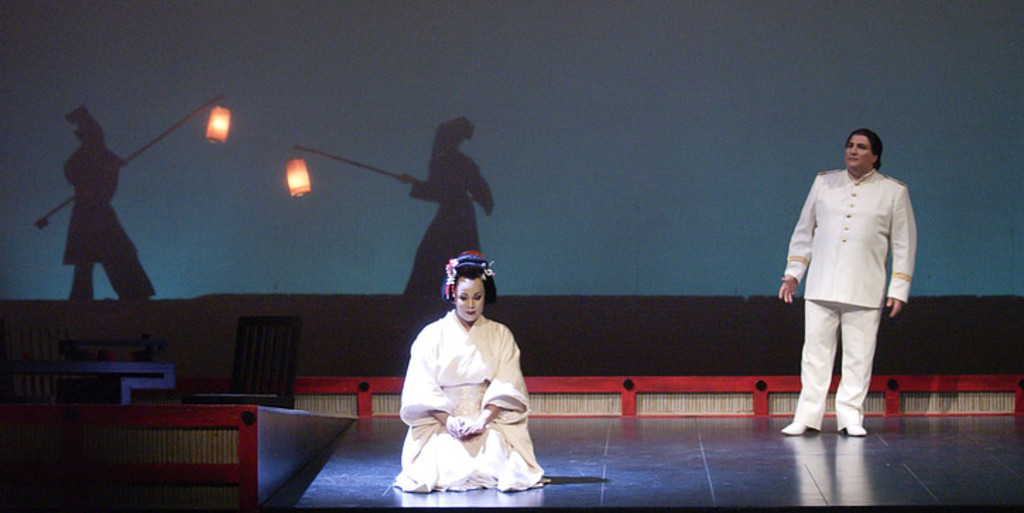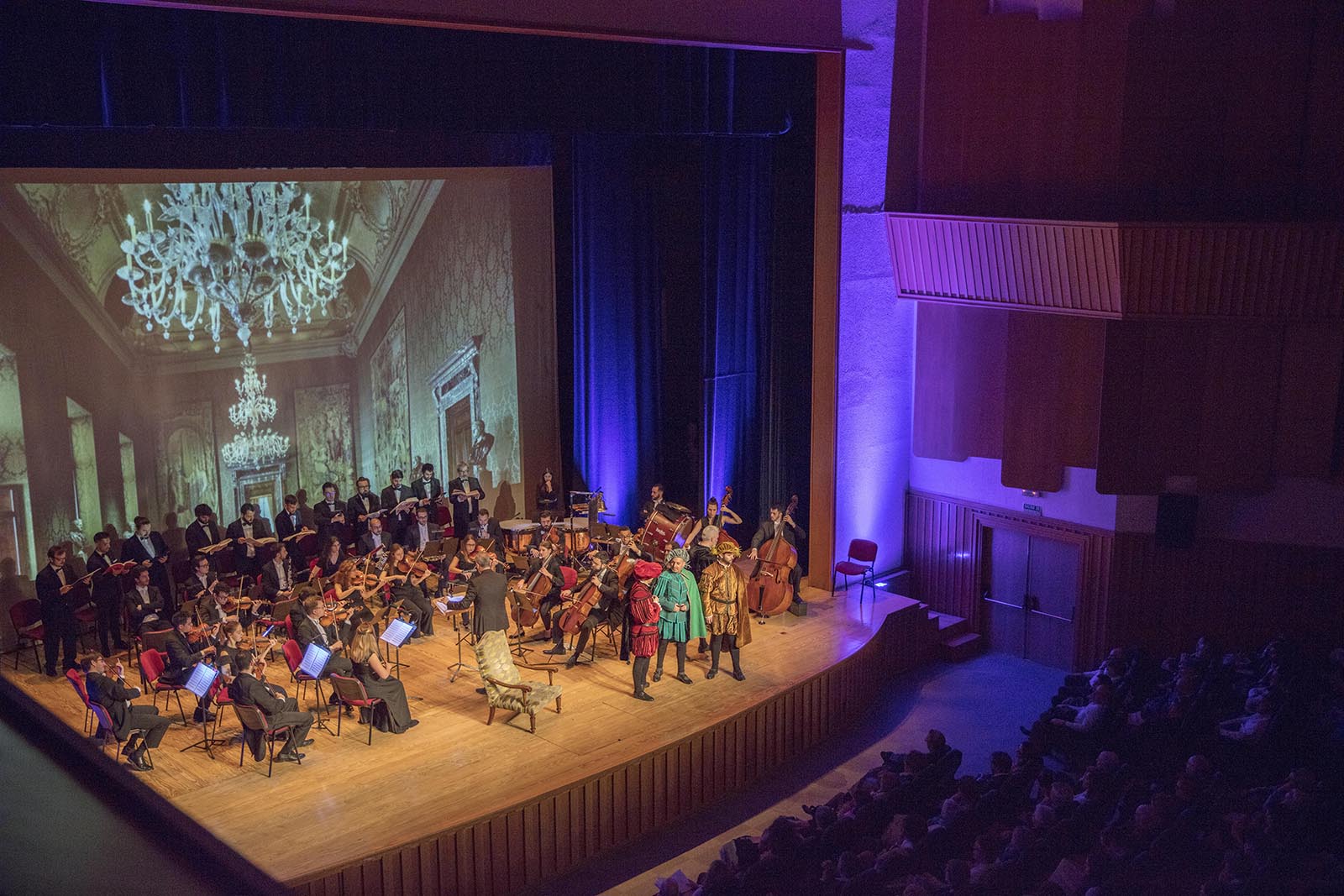"Contemporary opera gets what other arts don't get."
- Listen to the opera on the radio and encourage you to go to the opera. He's passionate about the microphone. Operac. That's his passion, the poison has penetrated to the bottom and there are no doctors or herbivores who take that benene out of him.
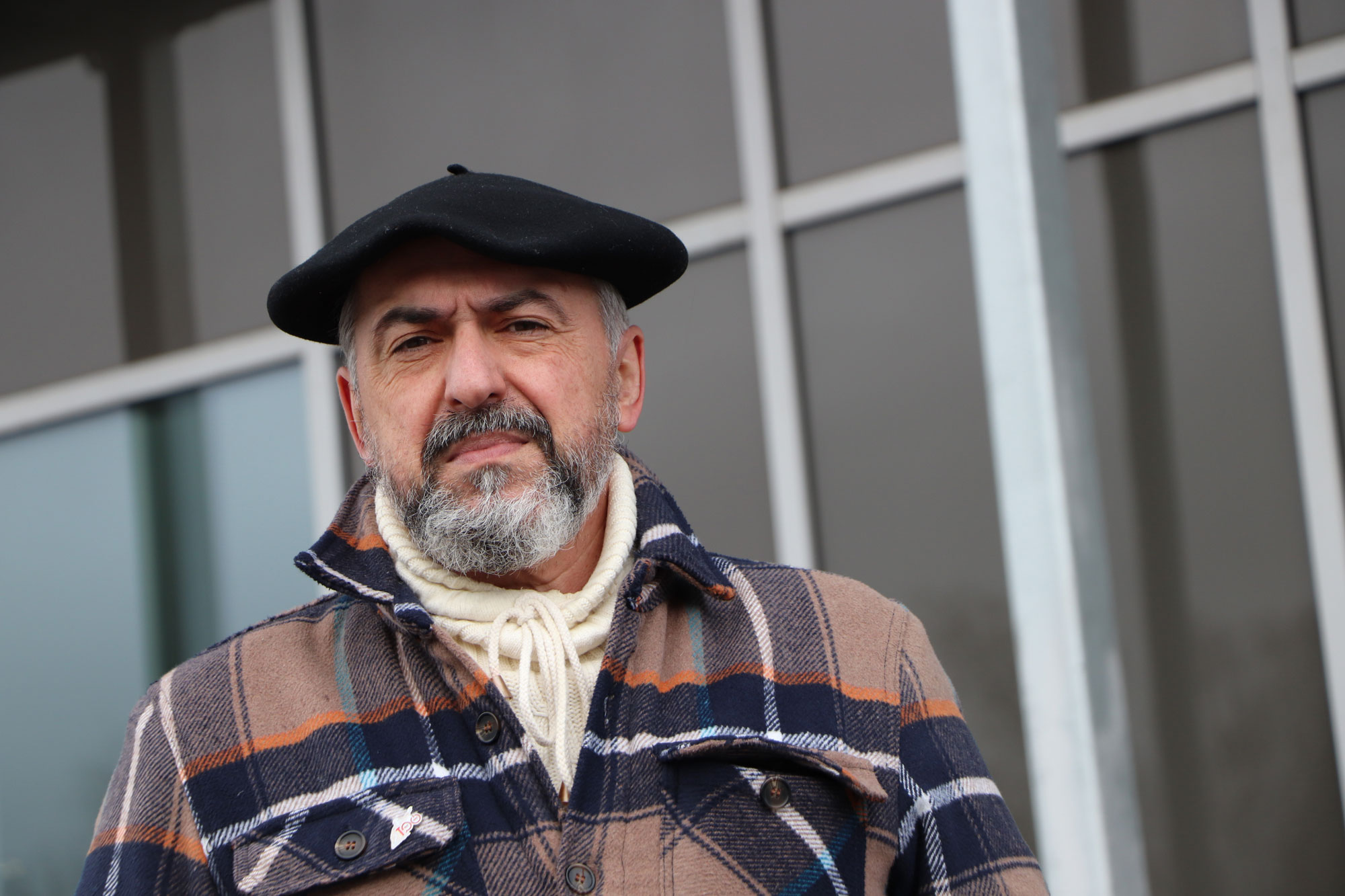
Historia irakasle da Gasteizen. Opera maitale, aditu eta aritu. Irratiko saio eta kolaborazioez gainera, bi aldizkaritan idazten du: Madrilgo Platea magazine-n eta Ritmo-n, espainiar estatuko musika-aldizkaririk zaharrena. Kritikak eta erreseinak egiten ditu bietan ere, han-hemen ikusiak dituen operak kontatuz. Operaren frikia.
At another time we were on the Afternoon program of Euskadi Irratia talking about opera. He is now operating at Radio Vitoria. People are
not surprised that nobody is fond of books or rock. On the contrary, being an opera lover is… And when these people learn that the agenda until March next year is full of operational commitments, it surprises them even more. And when I find out I'm going to do several trips, I have several recordings at home, I don't put him in his head. I have all my spare time around a passion and I have also brought my great hobby to the radio. And on the radio I have absolute freedom to operate with the opera. But I say, people like some common hobbies and other frikis. Mine, for example.
Do you ever have that friction?
At least I have not received from home. There's one thing there, I don't know how to do things, no passion. I'm very passionate. I know no compromise. I remember that in course 3 of the old BBB, the teacher giving us music at the La Salle Institute in Eibar made us hear the first movement of the Fifth Symphony of Beethoven, and in the great class of 40 students, everyone complained: “This is boredom!” all those who were. “Bert, right?” I said I was boring. I was very embarrassed to recognize the truth, to say that that music I liked, that I loved. And I went to the only music store we had in Elgoibar, the legendary Pitxintxu, to buy the symphony at home and at home.
The Fifth Symphony of Beethoven.
My mother thought I was in my head. The father was no longer in this world. Ours was the working family, we had a pretty humble life… I heard the cassette in a convulsive way, hundreds of times. “If the fifth is so beautiful, I’ll need another one!” Along the way I found Radio 2 of the time, a whole world appeared to me, and there and here I started exploring music. On the other hand, I liked singing and then I thought, “I like Beethoven, I like to sing… I’ll see an opera!” And in 1984-85, apparently, I went to Bilbao to see an opera.
What opera did he have?
Manon Lescaut, Puccini. Coliseum visited Albia. I didn't understand two cities, I didn't realize anything, but in the end I said two things. First: “I will see another one, but before I read the work!” Second: “I don’t know what the mechanism has been, but this world has caught me.” Since then, I've seen over 700 opera performances, and I see about 40 operas a year, and I don't intend to stop watching. In our case we are very fond of Real, but between the opera and Anoeta football, which have the same schedule, I stopped going to football with the opera by default. Without opera and classical music, I can't think for a single day. I have passion. As I'm also very curious, I've heard a lot of different music, I've read a lot, and little by little I do funnel, today at home, I hear mostly music from the 20th and 21st centuries.
"Look at Wozzeck, gender violence, poverty and workers' oppression, the crude attitude of oppressive classes… That will be easily understood by the young spectator"
What kind of music does he talk about?
Avant-garde opera. So, I'm the most geek of the geeks. I go to the theater and I see everything. In that I am omnivorous and I can say without fear of being wrong that I see all the opera performances offered in the Basque Country. I have a few things to remember. End the play, I in the chair, I small, before the force, the grandeur, the power of music. “I am nothing!” And at the same time, another feeling: “How have I been, how can someone be without trying this music, without enjoying?” I completely vanish. I have an example, of course. In 1999 I was in the first season of the Teatro Real in Madrid. Opera by Benjamin Britten Peter Grimes. I saw the performance and discovered another world, a new world.
More than Aldous Huxley, ‘a new world’.
Opera of the 20th century, contemporary, if you like, that deals with topical issues. In Peter Grimes, for example, loneliness, social pressure, the tendency to do without and oppress “different”… The interpretation gave me a tremendous kick in the bowels. Since then, I have otherwise lived my hobby. I realized I had to open my musical perspective. The key was that action. I spent two hours silent and silent, totally touched: “What is this? [Opera] This world has no limits!” When I'm going to be 60, I know that at my last hour I'm going to think about that thought. “How many perishes there, waiting to meet them!”
It tells us a little bit more about avant-garde opera. I thought it was an old opera. Monteverdi, Puccini…
and Mozart and the others! Prejudice is enormous. We're going to watch a movie, we don't like it, and we say it. “I didn’t like it.” But nobody will say: “I don’t like film. I will never return.” On the contrary, when we talk about opera, we act differently. “Henry, you are an operist, right?” and I, of course, am rabid. “I once went to see an opera and I didn’t like anything. I will never return.” Rooting! That is not logical! We believe that all operas are equal, monocarded, single-color. And no! Opera has been around for over four centuries, aesthetics, times, values -- they're different.
Same, different ...
In the 17th century, at the time of Monteverdi, I was serving the opera court. XIX.ean, the theme of the opera was indicated by the patrons. XX.ean, until World War I, the world's convulsions appear in music, experiments begin. After the Second World War, in the time of the Cold War and the atomic time, opera explodes and completely different aesthetics are created. Philip Glass’s world has little to do with Olivier Messiaen, and Messiaen does not see it with Morton Feldman, nor Feldman with György Ligeti. Operators names will be given in succession and people will ask you: “Ah, but today is an opera written?” We're teeming with prejudice, that opera is for attachments, for arrears, for scholars. I am neither the other nor the third, but I am an operator, however. Another problem is education.
Does it mean musical education or does it mean teaching in general? Because you're a professor.
Professor of History. Music is not learned or taught. This is a third year subject. It's taught to play flute, but not to the history of music. And the story of music is not knowing the names of composers, but knowing the relationship between music and the history of the time. Art history is taught at high school, but there are no musical references! A nonsense! One of the most important arts, ignored! I believe that music teaching must be integrated into the education system and be related to history. You can't understand current music without knowing current history. You can't understand Sostakovich's music without understanding the Soviet Revolution. And the other way around, of course. That is the point. Do you have to do it in the music conservatory? David from Michelangelo explains himself to every student and Mozart, Beethoven, Wagner no. Nor works by contemporary composers. But nobody does. And there we are.

He is used to listening to operas from one side to the other, how is his situation in our environment and in neighbouring countries?
We are going to spend the weekend in Vienna or Berlin and from Friday to Sunday we can see three or four operas in three or four theatres. The most expensive ticket would cost between 80 and 100 euros: four different shows, different times and aesthetics. In this south of Europe, we could choose an opera here or there. In London and Paris, whenever you want, because the two big metropolises are so big. Going to opera is not a luxury, although in Bilbao we have the most expensive opera season in Europe. Euskalduna Palace. Seeing children and young people listening to opera in European theatres is not surprising. Here it is. It was formerly the baby of opera houses here. Now, of course. The average age is very high. A journey is needed to become fully aware of what opera offers. It's a process.
As you mentioned the Bilbao opera season, is there another one in our villages?
Today you have more opera performances than ever in Euskal Herria! Donostia-San Sebastián, Pamplona, Bilbao – not only in the Euskalduna but also in the Arriaga – and, on the other hand, there are smaller, modest but very important seasons: In the Irun season you have two or three operas, typical titles, tickets of about 25 euros, without first time interpreters, but always with a very dignified level. In addition to Irun, I have seen the opera in Arrasate, Basauri, Burlada, Tudela… They are usually companies with limited resources, but they behave in an orderly manner. They seem to me very meritorious, they broadcast art in small format in small villages. They do the work that a government should do.
The work that government should do?
I believe that a government should have a specific line of work for the diffusion of opera, put the opera available in all theatres, complete a circuit. In Euskal Herria, each organizer has very interiorized its scope. The Irun in Irún, the Donostiarras in San Sebastian… There are 18 kilometers between them. What is done in one cannot be offered in the other? What is done in Bilbao, can not be offered in Basauri, Santurtzi or Barakaldo? We have excellent theatres and auditoriums, both in one and another! & '97; But it dominates the villager, I mine and it is now. I am talking to some managers and it is pointless. There's no way.
Are there opera composers, performers?
There are always the great stars Julián Gaiarre, Florencio Constantine... Today we may not have stars, but a very interesting group of singers. They're working in the world's most important theatres, and if they were soccer players, they would know all worlds. Mikeldi Atxalandabaso, Miren Urbieta… Now is the way to write an opera in Euskera and to perform it perfectly.
"Leave the prejudices, put yourself in the chair to enjoy the show clean and it is possible that inside you what you would never think happens"
Write the opera in Basque…
Aixkiria! And where is our lyrical heritage? In the warehouse, completely covered with dust! If we started cleaning, hundreds of titles would appear. Last fall, IBS Classical released Maitena from Charles Colin. I would also like to publish two more: this year Lide e Ixidor de Etienne Intxausti, and the following year Mirentxu de Jesús Guridi. Perfect. There are now twelve operas published in Basque. I all have them at home. But Mirentxu de Guridi is still an unpublished work. That is a disgrace.
What do you think should be done?
The publication of recordings is mandatory, although there are few buyers. Once published, we will know the work, we will know some Basque singers and will know in the future how this music was performed at the beginning of the 21st century. I do not know when public institutions will take action to protect our lyrical heritage! Protection and dissemination. There is no recording of Zigor by Francisco Escudero, yes by Gernika. The last recording of Amaya by Guridi dates back to 1999, performed by American singers, because at the time there were not between six and eight Basque singers to play it. There are things that have been done well. Usandizaga's three operas are now available, but Enark's last recording was held in Red Franco, directed by Ataulfo Argenta. There are no new versions! This is how we live.
Before in the Basque Country, and now in Radio Vitoria, he talked about his passion...
I can't do it any other way. That is what the head of Radio Vitoria told me: “The passion you put in Euskadi Irratia would like it to be weekly in the Radio Vitoria program.” I try to do my part. Some listener has ever told me: “At least you want to go to the opera! If I enjoy the half you enjoy, it’s worth it!” Another, once again, heard and decided to take the bride to the opera to make her the marriage petition. That sweat of mine! Little responsibility!
Let's go to opera!
Leave the prejudices, put yourself in the chair to enjoy the show clean and it is possible that inside you will happen what you would never think. However, the work should be chosen. Verdi, Puccini, Wagner -- they're always there, dealing with issues of yesteryear. Today, however, a 20th century opera will be closer and more understandable to us. Since the texts are in Basque and Spanish, there is no inconvenience to continue the work.
Today's opera is recommended to us.
For example, I would take young people to see Wozzeck in Alban Berg. There, for an hour and a half, in a special language, gender violence. Wozzeck discovers, gender violence, poverty and workers’ oppression, the crude attitude of oppressive classes… This will be easily understood by the young spectator. Its current aesthetic, the use of computers and computing has made things easier, the use of video... Contemporary opera is a terrible art that achieves what other arts fail to achieve: shake your interior, for example. Open the mentality, come to the opera, see a work, see another…
* * * * * * *
THE SPANISH TRANSITION “During
the Transition, the desire to recover Basque works was broken and, as for the opera, the old Olescoria of José Olaizola was recorded. He released Loyola Popular Radio, and the recording was very big. Leidor de Eduardo Mokoroa, Itziar de José Oñate and others were recorded. But they don't reach half a dozen. Our lyrical heritage is completely forgotten.”
“Historically,
except for singers—with María Callas—the rest have been men. Now the women's director is not new. However, the imbalance is very large. Perhaps the main live operators are English George Benjamin and Finnish Kaija Saariaho. Saariahok presented L’ Amour de loin (Distant Love) in 2000 and caused an earthquake in the opera world. Opera is a reflection of society.”
LAST WORD
WAYS TO ILLUMINATE THE FACE
“Operanists bring passion to us. We see each other in the operational action, and we soon find ourselves in the colloquium. You told us and my girlfriend: ‘You are crazy, listening is delusional. You cannot guess what they are talking about.’ It also tells me: ‘When they talk about opera, the face lights up.’
Opera groups Don Pasquale de
Donizetti: OSE and Bilbao Opera Choir.
Soloists: S. Orfila M.J. Moreno, F. Demuro, D. Del Castillo, P.M. Sánchez.
Stage Director: Emiliano Suárez.
Scenography Alfons Flores.
Place: Euskalduna Palace
Date: 19 October.
... [+]
In Durango's Hitz bookstore, it occurred to me that the Saturraran opera deserved criticism. On the one hand, the response of Jose Julián Bakedano, the illusion of the words of Gaizka Olabarri from the bookstore, the illusion of Nekane Bereziartua, who for so many years has been... [+]
Chamber opera based on the work of Orgia
Pier Paolo Pasolini.
Music: Hector Parra.
Libretto: Calixto Bieito. Ensemble Intercontemporain.
Director: Pierre Bleuse. Scenography: Calixto Bieito. Soloists: Ausrine Stundyte (soprano), Leigh Melrose (baritone), Jone Martínez... [+]
Opera Anna Bolena de Donizetti organized by ABAO. Bilbao Orkestra Sinfonikoa. Directed by Jordi Bernacer. Bilbao Opera Choir. Directed by Boris Dujin. Soloists: Joyce El-Khoury (soprano), Silvia Tro Santafé (mezzo), Marko Mimica (bajo), Celso Albelo (tenor), Anna Tobella... [+]
Opera I Puritani de Bellini organized by ABAO. Basque Orchestra. Director: Giacomo Sagripanti. Bilbao Opera Choir. Director: Boris Dujin. Scene address: Emilio Sagi. Scenography: Daniel Bianco. Soloists: Jessica Pratt (soprano), Xabier Anduaga (tenor), Andrzej Filonczyk... [+]
Recital of Verdi organized by the ABAO
Bilbao Orkestra Sinfonikoa. Director: Daniel Oren. Bilbao Opera Choir. Director: Boris Dujin. Soloists: Angela Meade (soprano), Daniela Barcellone (mezzo), Sergio Escobar (tenor), Giovanni Meoni (baritone), David Lagares (low).Place: ... [+]
The history of the opera Madama Butterfly based on a work by the writer Pierre Loti, madly in love with Euskal Herria is not well known. This is Madame Chrysanthème. It has a similar argument, although Loti's original has a happy ending and in the case of Puccini the story takes... [+]
Rigoletto is one of those works that you can enjoy a thousand times without getting tired. It is one of the most prominent operas of Verdi, with well-known and beautiful passages and an argument that attracts the public. The story of a gibose trying to protect his daughter from... [+]
One of the most interesting ABAO projects in recent years has been called Tutto Verdi. In this cycle all the operas of the composer Verdi have been represented, without exception. And the last of these operas is the one we mentioned below. Alzira.
For many reasons it was worth... [+]
It is a pleasure to be able to enjoy two works of the twentieth century that deepen the soul of women in the Euskalduna Palace. Rarely will we be able to listen to these short, live and arguably hard operas, because they're actually rarely programmed. And the truth is, we can't... [+]
It's always a pleasure to enjoy a Mozart opera. In the broad repertoire of the Salzburg composer there are genuine gemstones and not only from a musical point of view. This is the case of La clemenza di Tito, a singular work, of an introspective nature from the psychological... [+]











